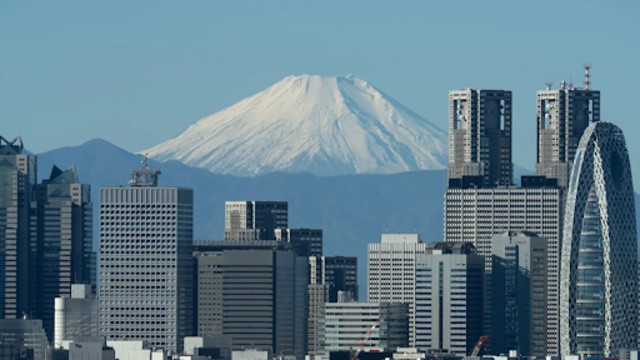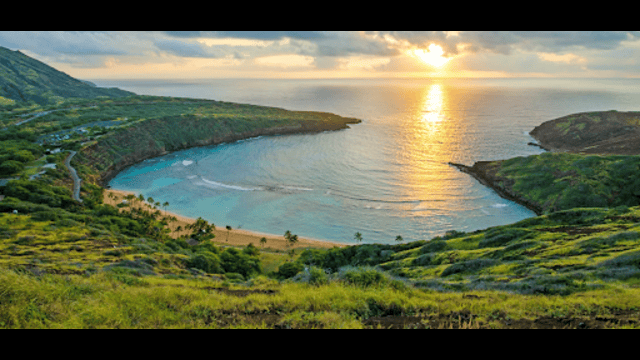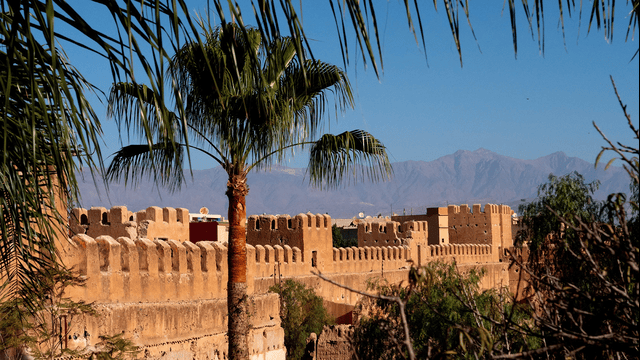
Mount Fuji is visible from Tokyo on clear days. Getty Images
Japan’s iconic Mount Fuji has become a hotspot for tourists, but the massive influx has led to serious issues, including overcrowding and littering. To protect the mountain, authorities in Shizuoka and Yamanashi prefectures have introduced stricter rules ahead of the 2025 climbing season, which runs from July to September.
Starting next year, climbers must pay a fee of 4,000 yen (about $27) to access the trails. This is double the fee from 2024, which was the first year Japan introduced a mandatory climbing permit. Previously, there was only a suggested donation of 1,000 yen. To further control the crowd, visitors must book their slots online, as the daily limit is now capped at 4,000 climbers.
Authorities say these measures are meant to promote safer and more responsible hiking. Yamanashi Governor Koutaro Nagasaki emphasized the importance of preserving Mount Fuji for future generations. He said, “By strongly promoting comprehensive safety measures for climbing Mount Fuji, we will ensure that Mount Fuji, a treasure of the world, is passed on to future generations.”
Climbing accidents have become a growing problem, as many tourists arrive unprepared. Some have attempted the hike in sandals or flip-flops, while others brought insufficient water or wore inappropriate clothing. To address this, Shizuoka prefecture, which has three of the four main Fuji trails, will now require climbers to take a short safety class. Afterward, they must pass a brief test to show they understand the rules and safety guidelines.
New timing restrictions have also been introduced. The trails will be closed between 2 p.m. and 3 a.m. each day for those not staying in mountain huts. These huts, which are available for overnight stays, give climbers a chance to rest during the demanding hike. Authorities hope this restriction will discourage dangerous one-day hikes, which have led to exhaustion and accidents in the past.
Japan is not alone in tackling overtourism. Several popular destinations have introduced new measures to control crowds. For example, Hiroshima’s famous Itsukushima Shrine, known for its "floating" torii gate, began charging entry fees in 2023. Similarly, the snowy town of Otaru hired security guards to manage the overwhelming number of winter tourists.
Around the world, overtourism has become a pressing issue. In recent months, there have been multiple reports of reckless tourist behavior. Incidents include an American visitor snatching a baby wombat in Australia, a man smuggling a turtle in his pants at a US airport, and diners in China contaminating hotpot broth.
Authorities in Japan hope the new rules will strike a balance between keeping Mount Fuji accessible to visitors while protecting the mountain's natural beauty and ensuring climbers' safety.















